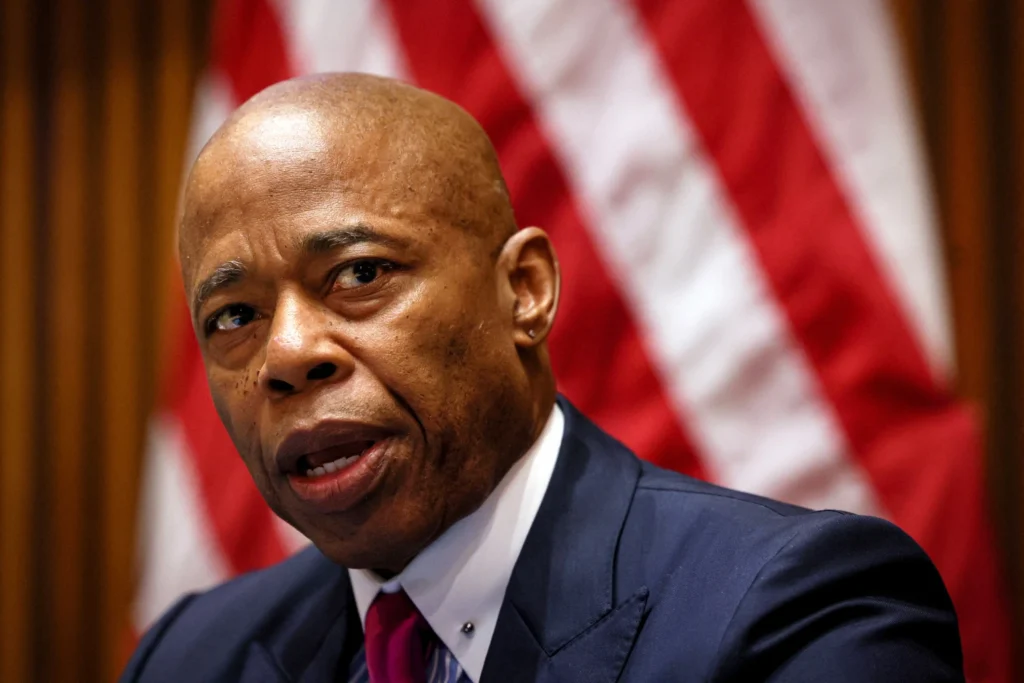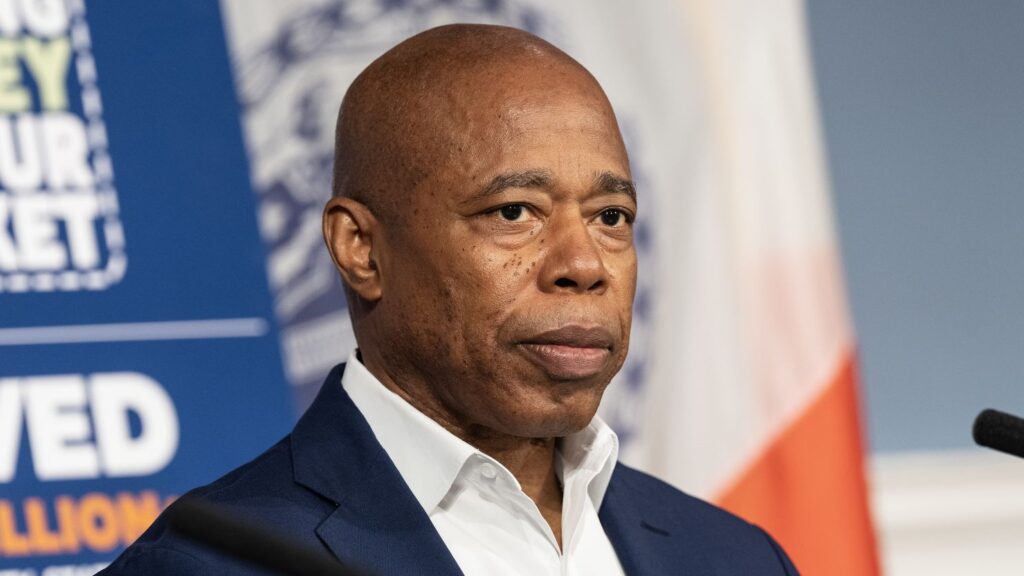Eric Adams’ Role in Promoting Urban Economic Development
In the midst of complex urban challenges, the role of local leadership is pivotal in driving economic development. Eric Adams, the current mayor of New York City, has emerged as a prominent advocate for urban economic growth and revitalization. His leadership and strategic initiatives offer crucial insights into the tangible impact that local governments can have in fostering economic resilience, promoting inclusivity, and achieving sustainable growth in densely populated metropolitan areas.
The Background of Eric Adams
Before stepping into his role as the 110th mayor of New York City in January 2022, Eric Adams had a long-standing career intertwined with public service and community engagement. He served as Brooklyn Borough President from 2014 to 2021 and spent over two decades as a police officer in the New York Police Department (NYPD). His experiences in public safety and community leadership have shaped his vision for an economically vibrant and socially equitable New York City.
Adams’ administration is characterized by a commitment to addressing the needs of diverse neighborhoods, promoting small businesses, and creating job opportunities for all New Yorkers. His approach encompasses an understanding that urban economic development is not merely about attracting large corporations; it is equally about empowering local entrepreneurs and ensuring equitable growth throughout the city.
>>> Buy now: The Chiefs Patrick Mahomes Tyreek Hill Travis Kelce Laurent Duyearay Tardif T-Shirt
Fostering a Business-Friendly Environment
One of the cornerstone strategies of Adams’ administration has been the promotion of a business-friendly climate within New York City. Recognizing the profound impact that small and medium-sized enterprises (SMEs) have on local economies, Adams has implemented policies designed to reduce bureaucratic barriers and facilitate business operations.
Under his leadership, the city has streamlined procedures for permits and licenses, making it easier for entrepreneurs to navigate the complexities of starting and running a business in New York. Additionally, Adams has launched initiatives aimed at providing financial support to budding businesses, particularly those owned by women and people of color, who have historically faced significant obstacles in accessing capital.
The emphasis on small business development is vital, as these enterprises not only contribute to job creation but also foster community resilience. Local businesses respond to local needs and are more likely to reinvest in their communities, establishing a cycle of growth that benefits all residents.
Addressing Economic Inequality
Economic inequality remains a formidable challenge in New York City, with stark disparities in income, employment opportunities, and access to resources across different neighborhoods. Adams acknowledges that true urban economic development must prioritize inclusivity and equity. His administration has initiated several programs aimed at leveling the playing field and ensuring that disadvantaged communities receive the resources and support they require to thrive.
Through initiatives like the “NYC Small Business Resource Network,” Adams has provided targeted assistance to underserved neighborhoods, ensuring that entrepreneurs have access to mentorship, training, and funding sources that can help elevate their businesses. Furthermore, the administration has actively sought to partner with community organizations, leveraging their expertise and local insights to implement more effective economic development strategies.
Promoting Workforce Development
A skilled workforce is essential for any thriving urban economy. Eric Adams has placed a strong emphasis on workforce development, recognizing that providing residents with the necessary training and skills is critical for securing employment in an evolving job market. His administration has partnered with educational institutions and private sector companies to create training programs that align with the needs of industries poised for growth.
For example, initiatives targeting the tech sector, green jobs, and healthcare have been launched to equip New Yorkers with in-demand skills, thus enhancing their employability. By prioritizing workforce development, Adams is not only addressing unemployment but also contributing to the creation of a more skilled workforce that can meet the demands of modern industries.
Focus on Sustainability and Resilience
As cities around the globe confront the realities of climate change, urban economic development cannot overlook sustainability. Adams has articulated a vision for a greener New York City that harmonizes economic growth with environmental stewardship. His administration has committed to promoting green jobs, investing in renewable energy projects, and supporting businesses that embrace sustainable practices.
Part of this approach includes revitalizing underutilized spaces into green areas or sustainable business incubators, fostering an environment conducive to innovation and entrepreneurship. By approaching economic development through a sustainability lens, Adams seeks to create a city that thrives economically while also being resilient to climate-related challenges.
Leveraging Technology and Innovation
In an era marked by rapid technological advancement, Eric Adams has recognized the importance of embracing innovation as a driver of urban economic development. His administration has actively sought to integrate technology into the city’s operations, enhancing service delivery and improving the overall experience for residents and businesses alike.
Additionally, initiatives aimed at fostering tech entrepreneurship and attracting startups to New York City have been prioritized. By creating a vibrant ecosystem that encourages innovation, Adams fosters an environment where businesses can flourish and where the city remains competitive on a global stage.
Recovery and Resilience Post-Pandemic
As New York City continues to recover from the devastating impacts of the COVID-19 pandemic, Eric Adams has implemented specific measures aimed at revitalizing the economy. Acknowledging that certain sectors, such as hospitality and retail, have been hit particularly hard, Adams has launched programs to support these industries and promote recovery.
In partnership with various stakeholders, the administration has initiated campaigns to encourage local tourism and support the reopening of businesses, all while prioritizing public health and safety. Moreover, the emphasis on leveraging technology during the pandemic has also served as a springboard for accelerating the digitization of local businesses, allowing them to adapt and thrive in a transformed economic landscape.
Eric Adams’ leadership in promoting urban economic development illustrates the multifaceted role of local government in addressing urban challenges. Through a commitment to inclusivity, sustainability, workforce development, and innovation, Adams is charting a path toward a more equitable and resilient New York City. His administration exemplifies how effective local leadership can not only drive economic growth but also foster community engagement, empower local entrepreneurs, and ensure that all residents have the opportunity to partake in the city’s prosperity.
>>> Read more: Joe Hooten’s 5 Breakthrough Marketing Strategies You Can’t Miss
As cities worldwide look to navigate the complexities of urbanization and economic recovery, Eric Adams’ approach offers valuable insights into the potential of local governance in shaping resilient urban economies for the future. With a focus on community, equity, and innovation, Adams continues to advocate for a vision of New York City that embodies opportunity for all.


